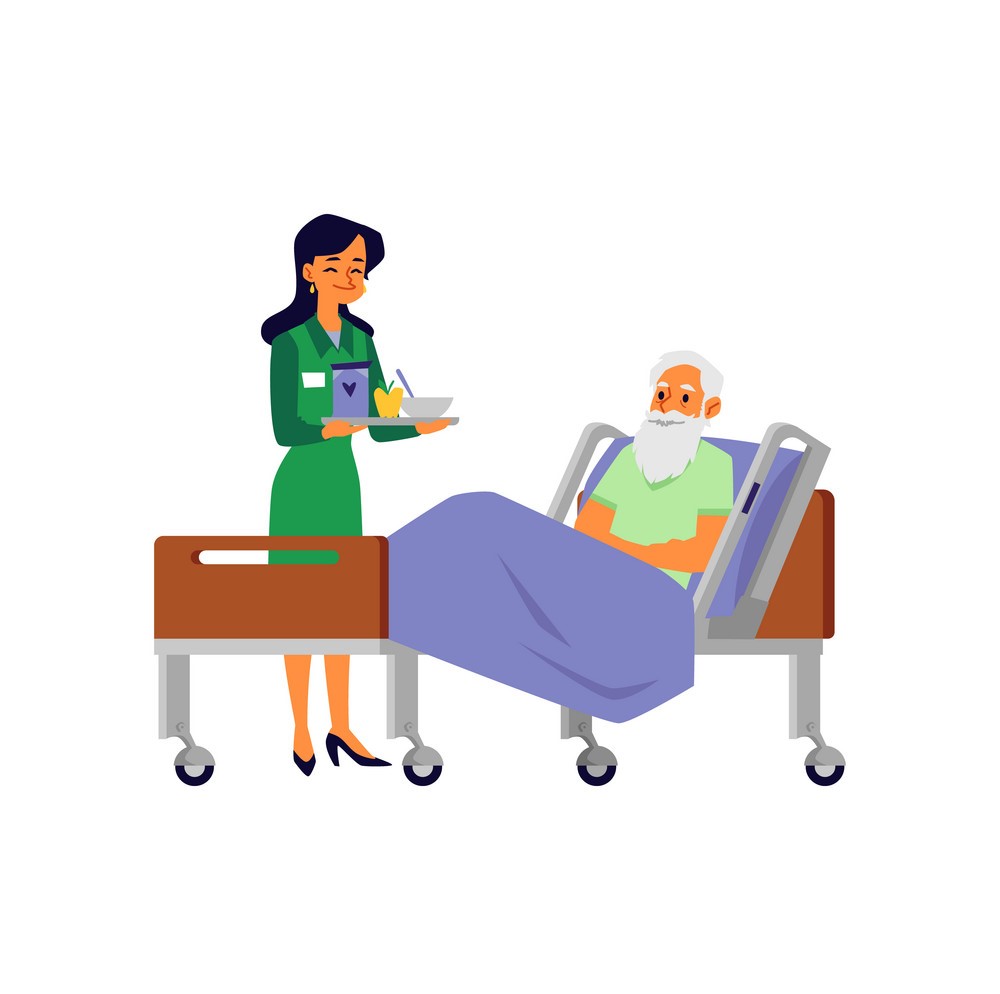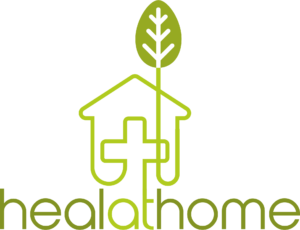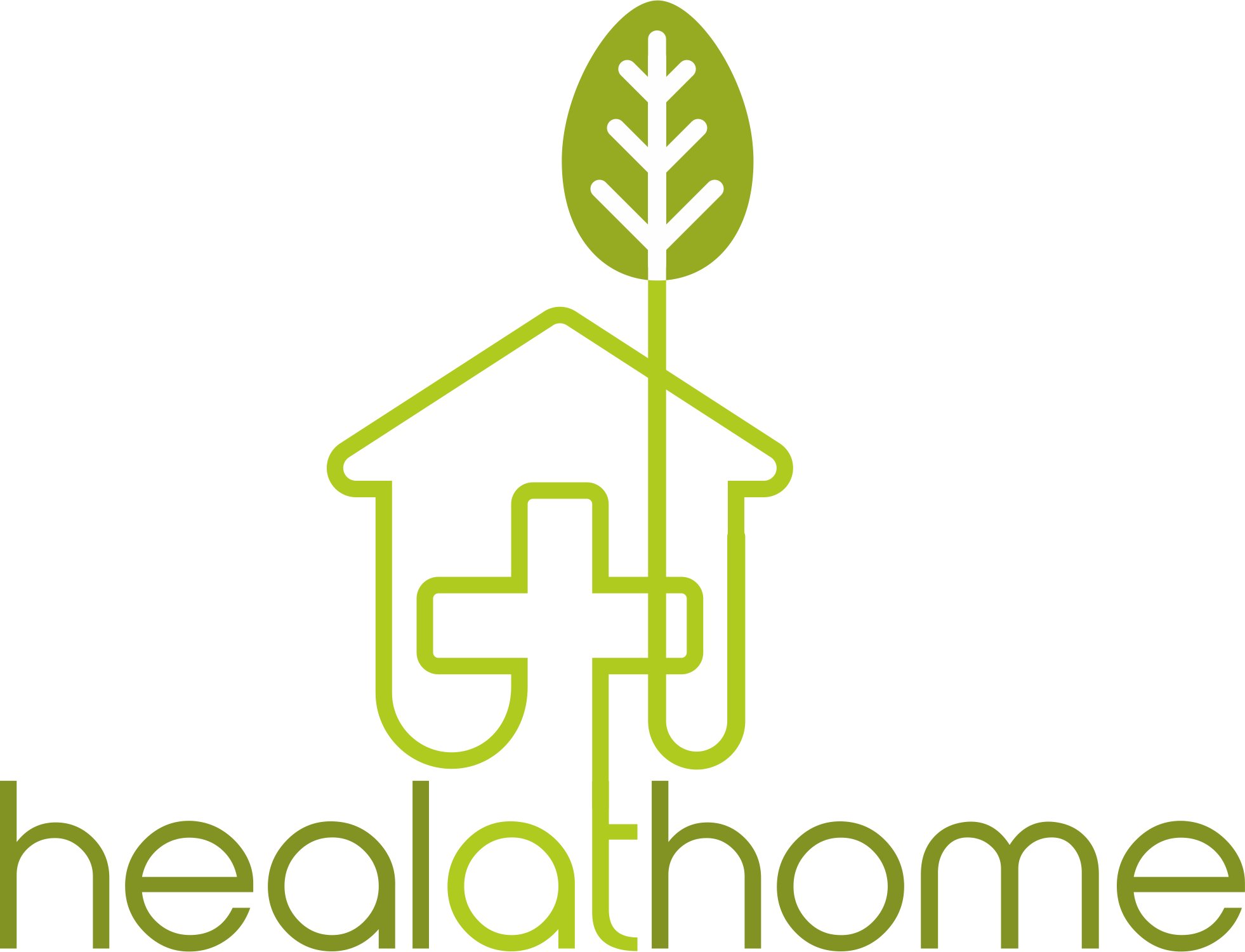
In recent years, the concept of nursing care has undergone a transformative shift, driven by changes in healthcare delivery, evolving patient preferences, and advancements in technology. One of the most profound changes has been the emergence of nursing care at home as the new definition of nursing. This paradigm shift has redefined how healthcare is delivered and experienced, offering numerous benefits for both patients and the healthcare system as a whole.
1. Patient-Centered Care: Nursing care at home places the patient at the center of their own care. It recognizes the importance of individualized and holistic care that takes into account the patient’s unique needs, preferences, and living conditions. This patient-centered approach not only promotes better health outcomes but also enhances the overall patient experience.
2. Comfort and Familiarity: Home is where most people feel most comfortable and at ease. Nursing care at home allows patients to receive medical attention in a familiar environment, reducing stress and anxiety often associated with hospital stays. This can lead to faster recovery and improved emotional well-being.
3. Enhanced Independence: Home nursing care promotes patient autonomy and independence. Patients have the freedom to make decisions about their care and daily routines, which can boost their self-esteem and motivation to actively participate in their own recovery.
4. Preventative Care: Home nursing is not just reactive; it’s also proactive. Nurses can provide preventative care by identifying potential health issues and addressing them before they escalate. This can reduce the need for hospitalization and emergency care.
5. Cost-Effective: Home nursing care has the potential to lower healthcare costs. Hospital stays are often expensive, and home care services can be a more cost-effective alternative. Additionally, it can reduce the burden on healthcare facilities and free up resources for more critical cases.
6. Technological Advancements: The integration of technology into home nursing care has revolutionized healthcare. Telehealth, remote monitoring, and electronic health records have made it easier for nurses to provide timely and efficient care. Patients can also access healthcare information and resources from the comfort of their homes.
7. Relief for Caregivers: Home nursing care not only benefits patients but also provides relief for family caregivers. It offers support to family members who may otherwise be responsible for round-the-clock care, allowing them to maintain a better work-life balance.
8. Customized Care Plans: Each patient’s needs are unique, and home nursing allows for highly customized care plans. Nurses can tailor their services to address the specific medical, emotional, and lifestyle requirements of the patient.
In conclusion, nursing care at home is the new definition of nursing, emphasizing patient-centered, individualized care that prioritizes comfort, independence, and preventative health. This approach reflects the evolving healthcare landscape and the desire for more accessible, cost-effective, and patient-friendly care options. It not only benefits patients but also contributes to the efficiency and sustainability of healthcare systems. As we continue to embrace these changes, nursing care at home is poised to play an increasingly vital role in the future of healthcare.

